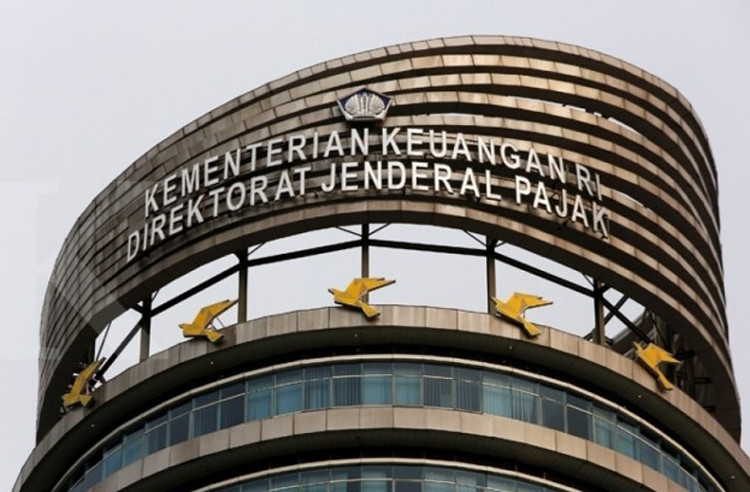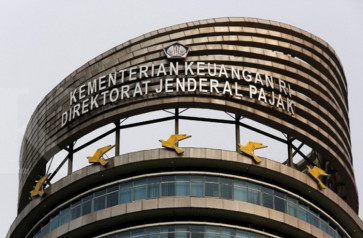Popular Reads
Top Results
Can't find what you're looking for?
View all search resultsPopular Reads
Top Results
Can't find what you're looking for?
View all search resultsEffective tax incentives to increase investment
Although tax revenue is certainly very important, there seems to be no single guidance on how to give incentives. There is no ideal figure of how much in terms of gross domestic product (GDP) a country should give as incentives to support its economy. #opinion
Change text size
Gift Premium Articles
to Anyone
T
ax revenue is very important for a country’s economic development. It creates what we call fiscal space that can increase the government’s ability to deliver development goals. However, as much as the government wants to use tax revenue to promote development objectives, it also gives incentives in the form of exemptions, deductions or credits to selected groups or activities.
Governments have been using incentives extensively. Many countries even report their tax incentives and evaluate them to see if they effectively achieved predetermined objectives. Indonesia is among the countries that have yet to provide a comprehensive assessment on the impact of tax incentives. With a growing number of tax incentives given by the government, a comprehensive rethink of tax incentives schemes should be done.
Although tax revenue is certainly very important, there seems to be no single guidance on how to give incentives. There is no ideal figure of how much in terms of gross domestic product (GDP) a country should give as incentives to support its economy. Based on data of the International Monetary Fund in 2010, among advanced economies, the size of tax incentives varied widely. The United States and Australia, for example, had around 8 percent of GDP worth of tax incentives while Germany and France had between 1 and 2 percent of GDP.
Among emerging economies, only Chile gives high tax incentives in term of GDP, which was almost 6 percent in 2010, while Indonesia, contrastingly, only gave 1.14 percent of GDP in 2017 based on the Tax Expenditure Report (TER). Although the estimates may be debatable, there is almost no pattern between a country’s level of economic development and its tax incentives.
Quality-based assessment seems to be a better approach compared to the level-based assessment. This quality-based assessment consists of both macro and micro perspectives. Macro perspectives are related to the alignment of tax incentives with public policy objectives while micro perspectives are related to specific incentive impact.
If we have to pick a winner, we have to pick the right winner — the macro principle. This means that incentives need to be well targeted to the sectors that can help achieve the country’s development goals best. The Philippines, for instance, is trying to match the incentive policy with an investment priority list.
In Indonesia, the priority sectors are usually defined by the Medium Term National Development Plan. The sectors identified as priorities are usually those with the highest and most sustainable economic impact. For the next five years, for instance, the focus is on sectors that can boost productivity and competitiveness such as infrastructure, manufacturing, innovation, finance and human capital development.

















